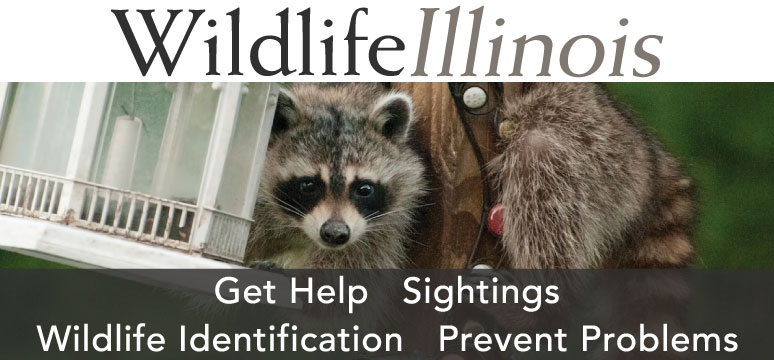
Photos courtesy of Mike Budd
Instead of fighting the constant battle of farming chronically wet areas in his fields, John Dassow, of Dassow Farms in Livingston County, decided to put those areas to work producing ducks, pheasants, bumblebees, butterflies, songbirds and clean water. These areas also provide a place for his family and friends to hunt in the fall, after crops have been harvested and cover-crops are planted. Over the past few years, Dassow has restored multiple wetlands in Livingston and Ford counties and within a short amount of time they have started to yield countless waterfowl, pheasants and pollinators.

The wildlife and environmental aspects of the projects are important, but so is the economic aspect. According to Dassow, “The wet spots where we restored wetlands were impacting our yield averages. Instead of letting them reduce our overall yield and wasting money on inputs, we restored them to their historical status of wetland and prairie habitat. This helps the fields achieve a higher overall yield, which is critical in achieving profitability. By continuing to farm low-yielding, unprofitable acres, producers are negatively affecting their bottom line and reducing their crop insurance guarantees. That’s leaving money on the table at times when we need every penny.”
Over the next couple of years, Dassow has other wetlands planned on his farm and he also is helping his neighbors restore wetlands. Brian Hidden, Private Lands Biologist with the U.S. Fish and Wildlife Service, is assisting Dassow and his neighbors by completing the surveys, designs and coordinating with other agencies for permits and clearances. Hidden said “We’ve seen what Livingston and surrounding counties can do for producing ducks and we want to keep the momentum going. We’re seeing an incredible number of birds return to restoration sites in the first year after restoration. It’s rewarding for us because birds have not used these sites in nearly 100 years but return as fast as you can restore the wetlands.”

We all need clean water and there’s nothing better than a wetland to pull sediments, nutrients and pesticides from the water. Dassow noted that “through the Illinois Corn Growers Association we have been taking water quality samples from our wetlands and from drain tiles under cover crop fields every couple of weeks. The nitrate levels are well under the Environmental Protection Agency’s threshold for drinking water, meaning the wetlands are doing their job and everyone downstream is getting cleaner water.”
Pheasants Forever and the U.S. Fish and Wildlife Service currently have funds for private landowners who are looking to be good stewards of their land and restore small, shallow-water wetlands. Jason Bleich, Conservation Specialist with Pheasants Forever, said “The wetlands we’re restoring average about 12 to18 inches in depth and a few acres in size. During the summer, they’ll be dry and growing food for ducks, pheasants, songbirds and pollinators.”
To learn more about wetland restoration opportunities in Illinois, contact Brian Hidden at brian_hidden@fws.gov or Jason Bleich at jbleich@pheasantsforever.org.
Mike Budd is the Private Lands Coordinator for the U.S. Fish and Wildlife Service in Illinois. He has worked with private landowners for the majority of his 12-year career in natural resources, including stints with Ducks Unlimited. Originally from Michigan, Budd has had the opportunity to work in multiple states including Virginia, New York and Arkansas and is excited that Illinois has such a rich opportunity for wetland restoration. At each stop, he has picked up a new tip or trick from private landowners on how to restore wetlands efficiently and effectively. Budd, his son, daughter, wife and old retired duck-dog live in Sangamon County.



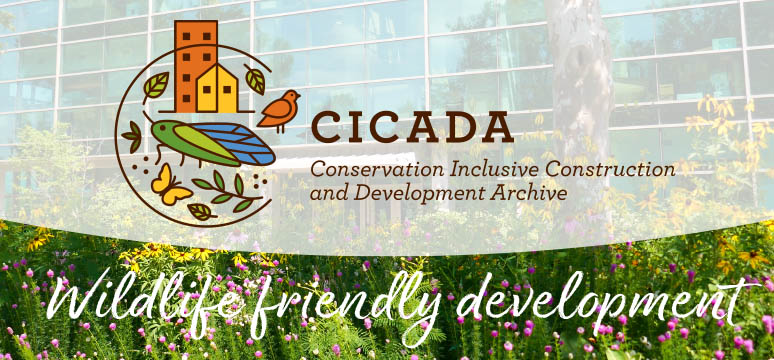
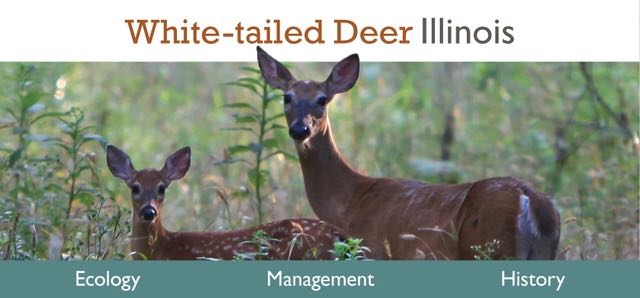
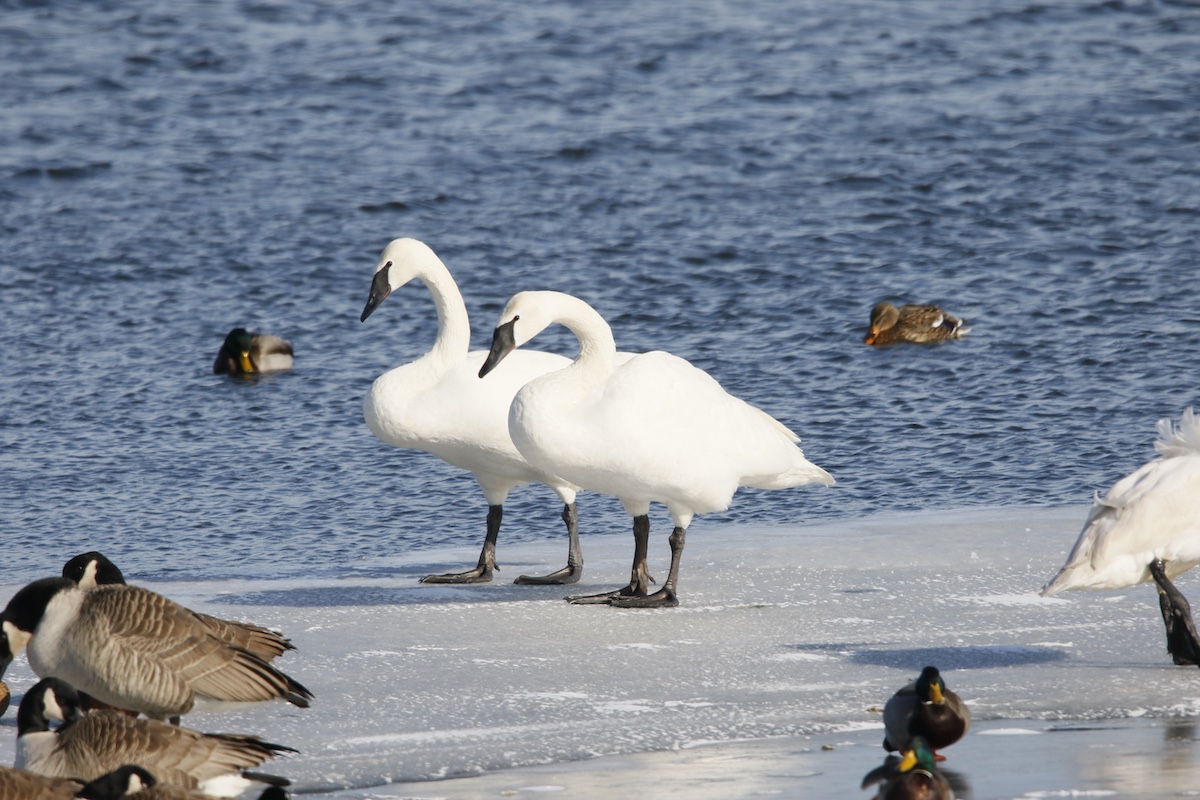
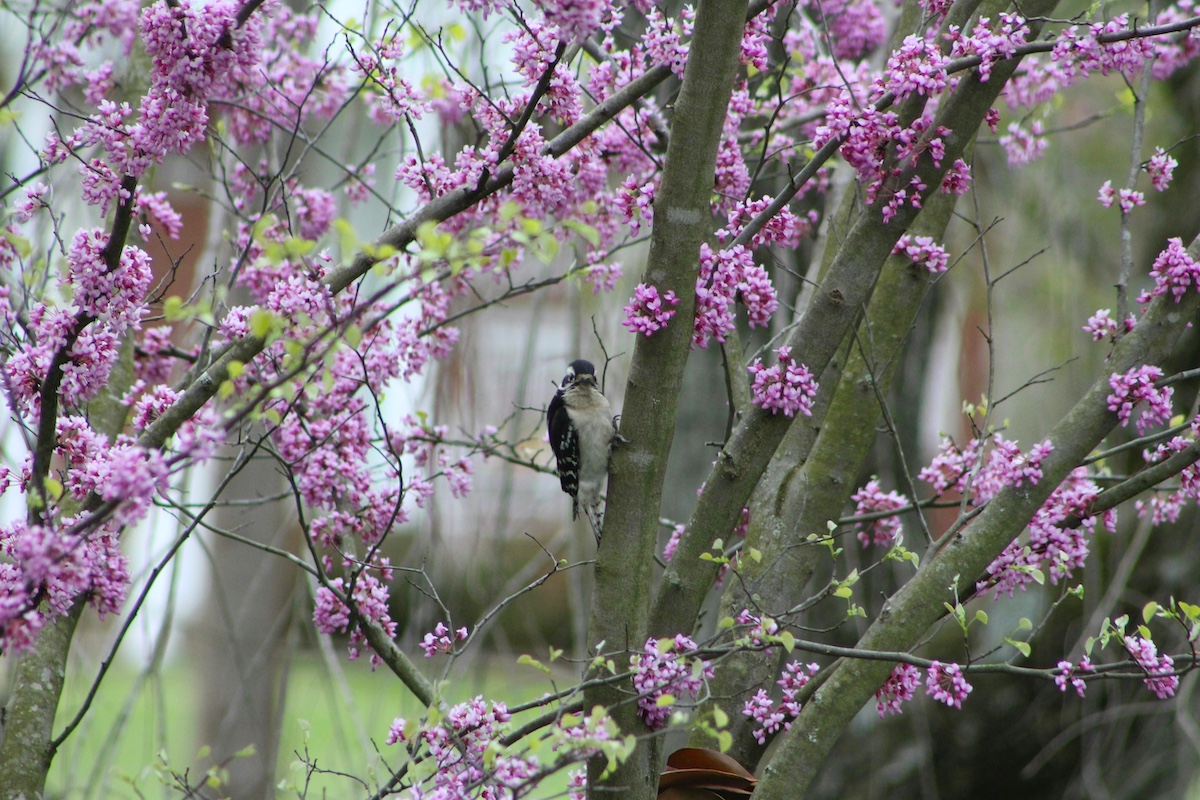
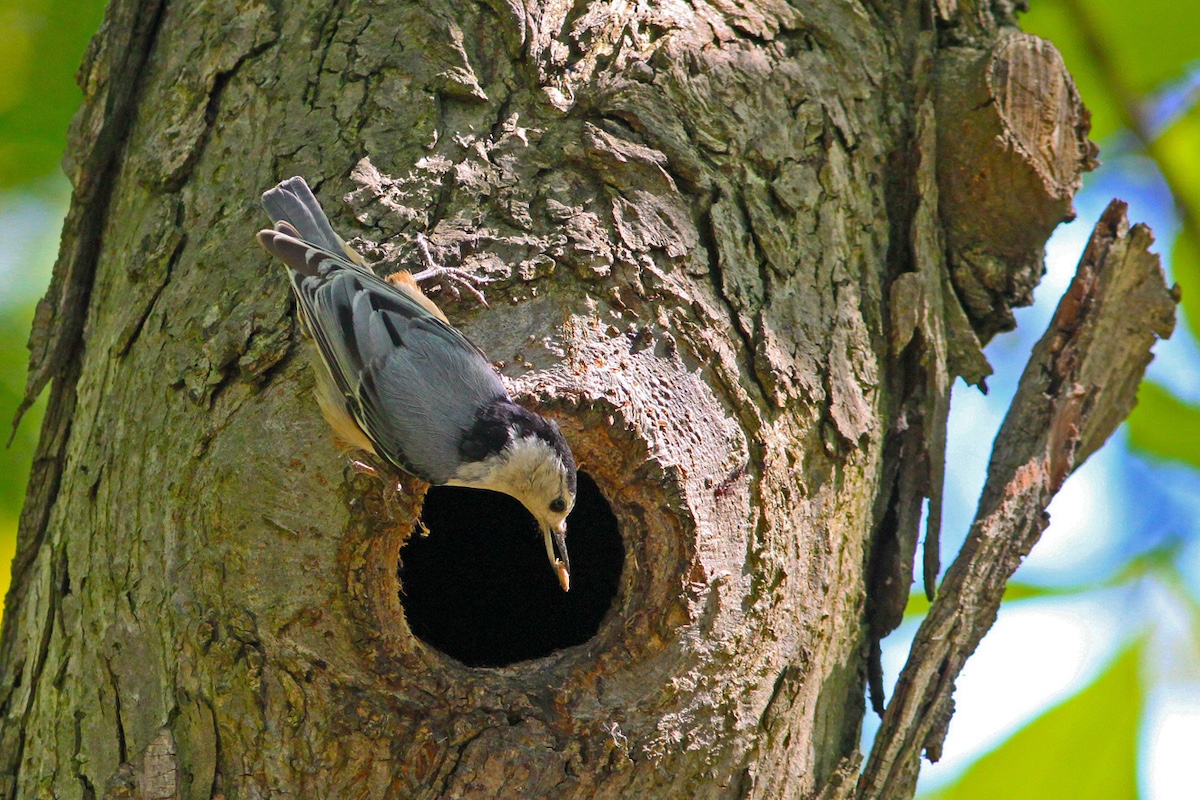
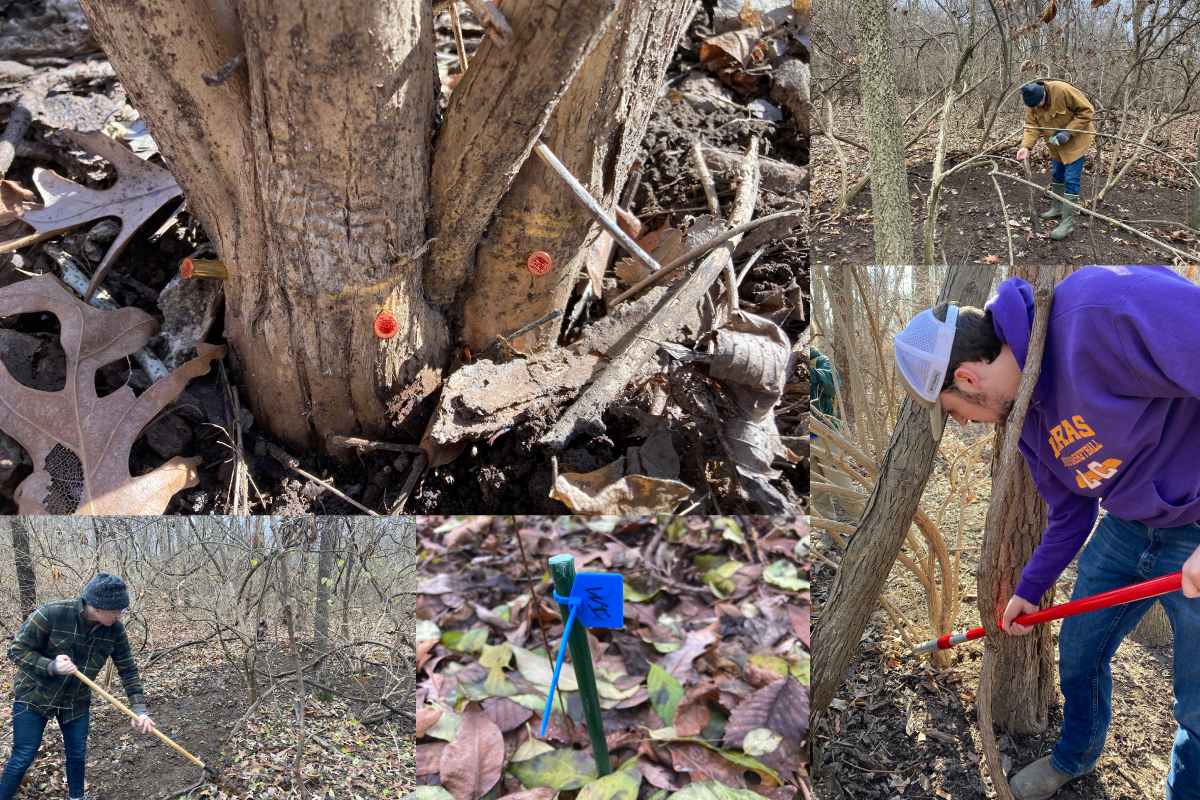
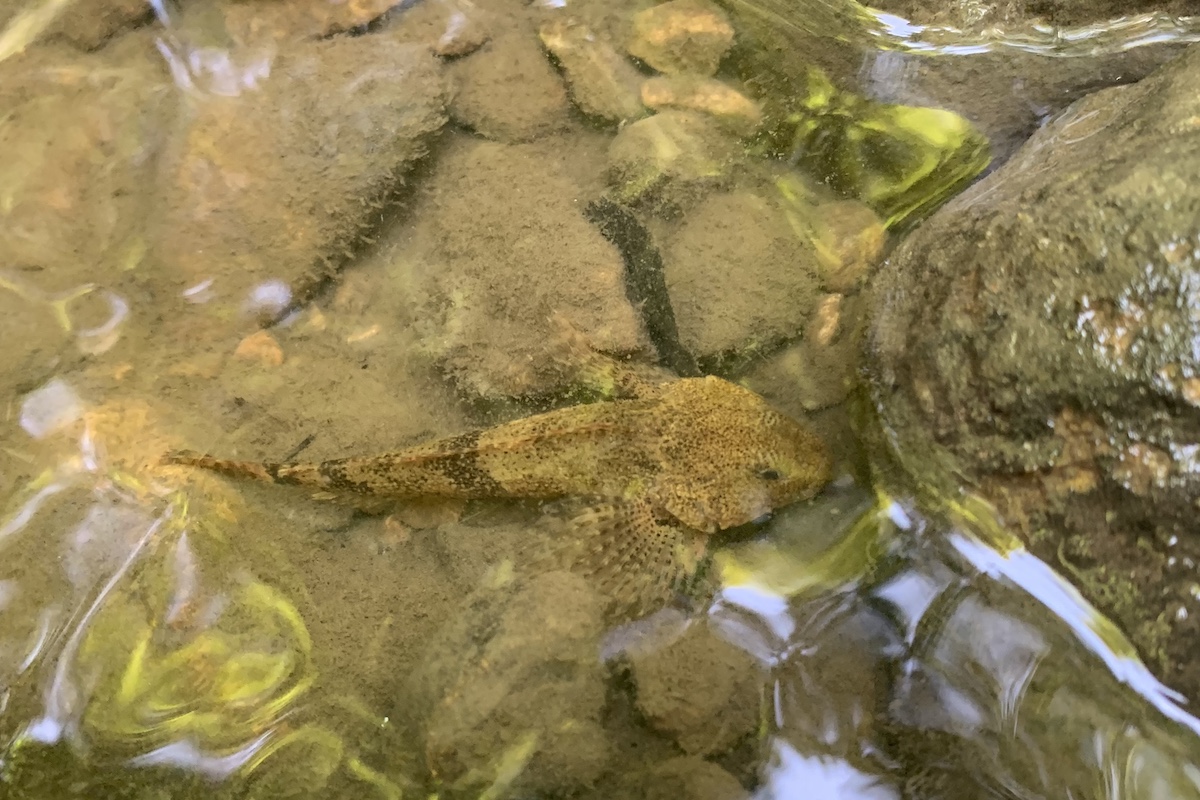
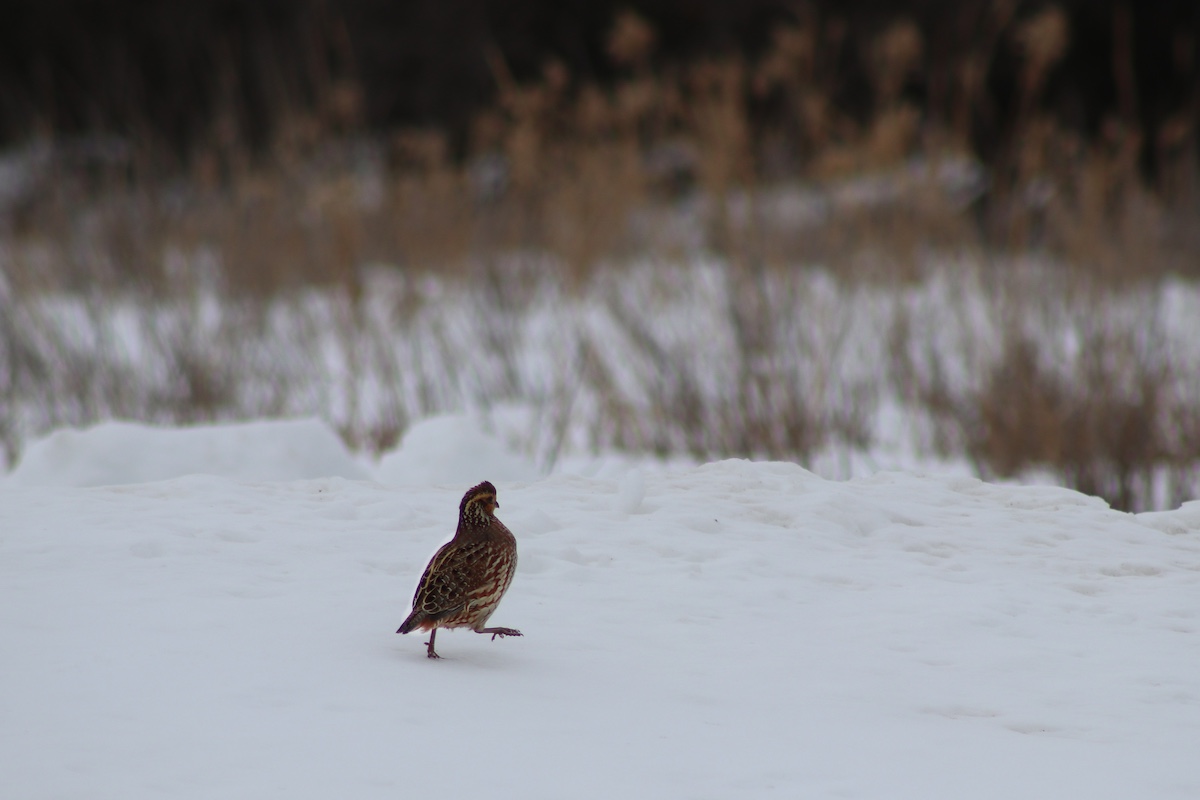
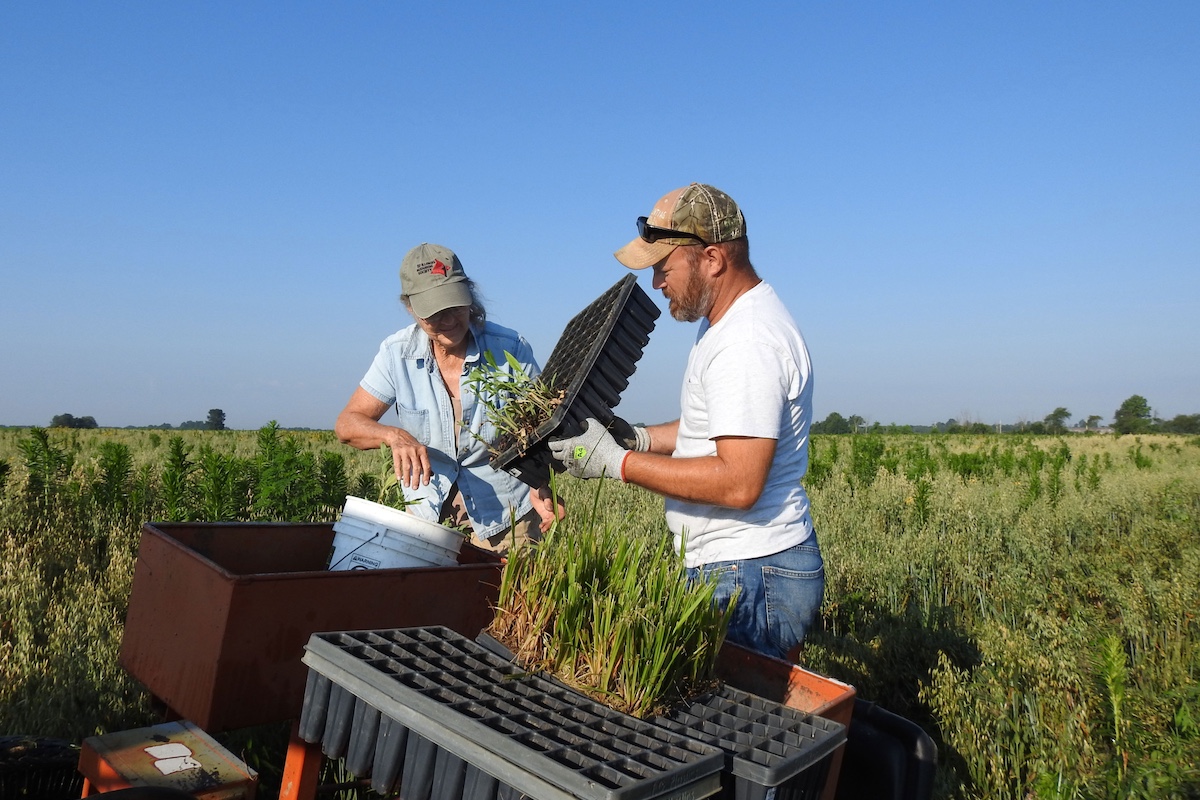
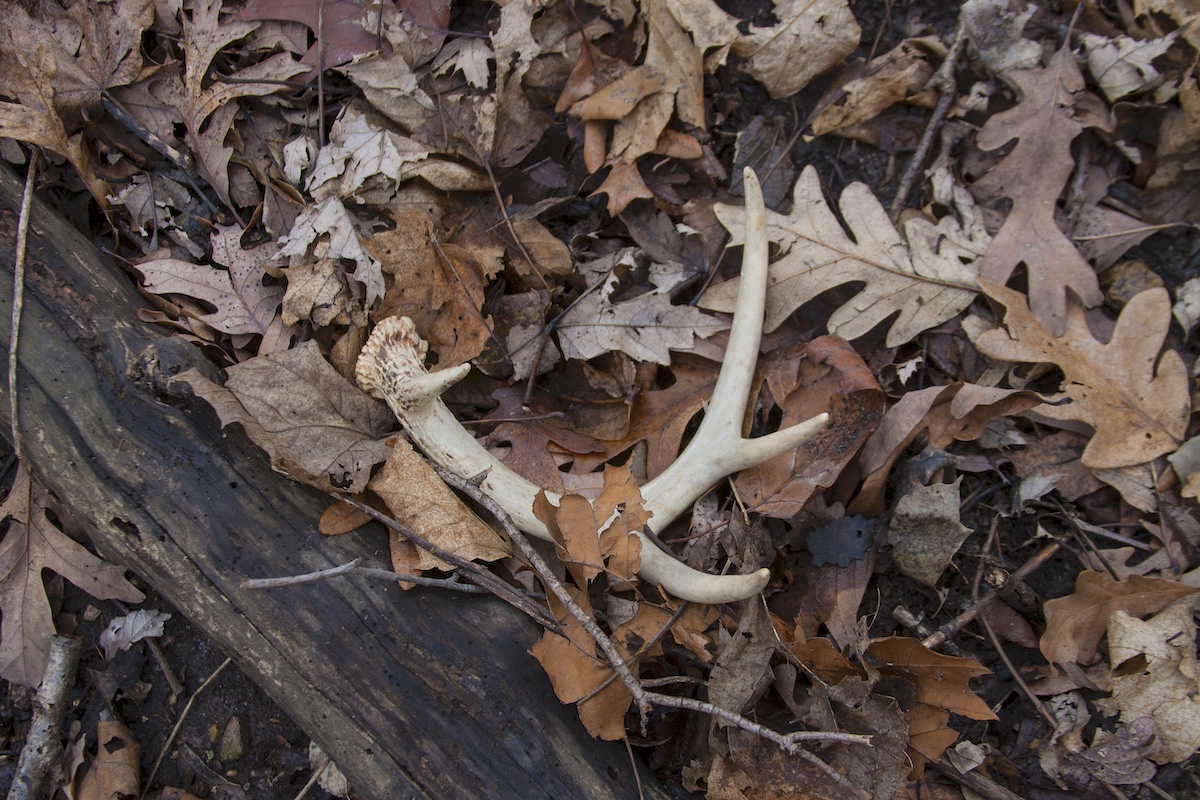
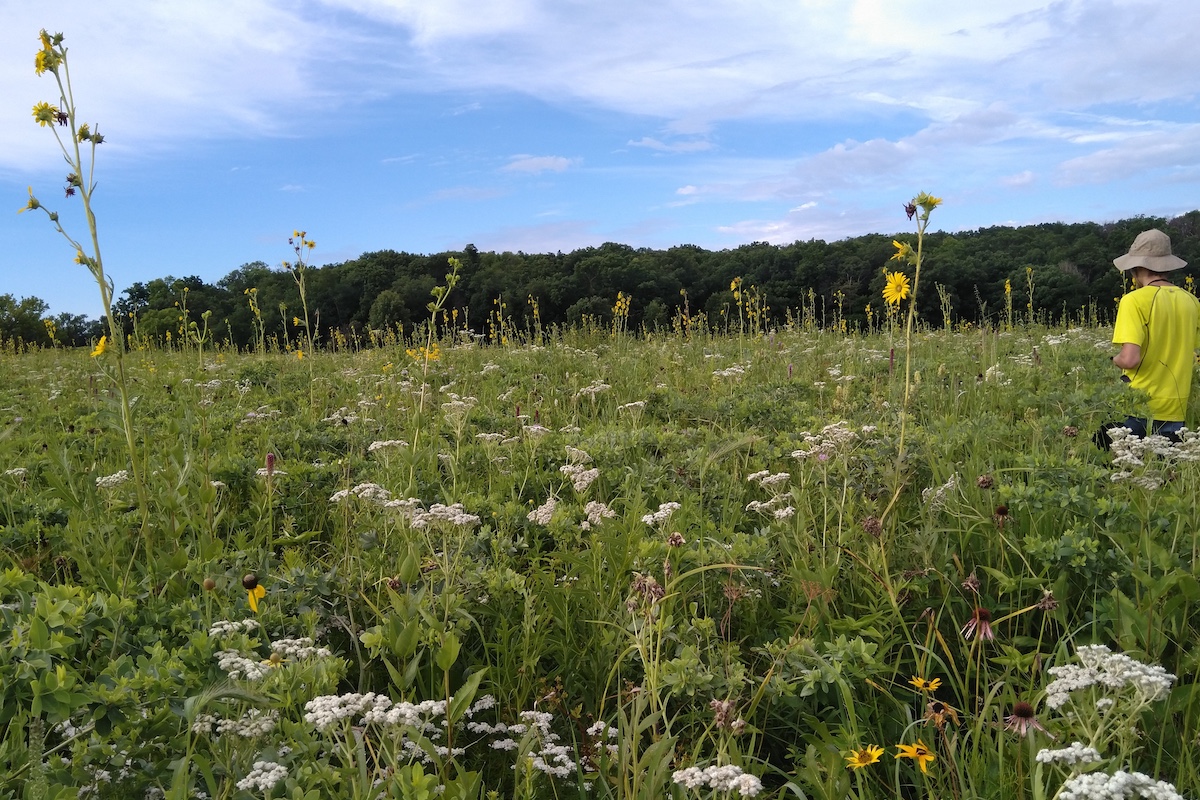
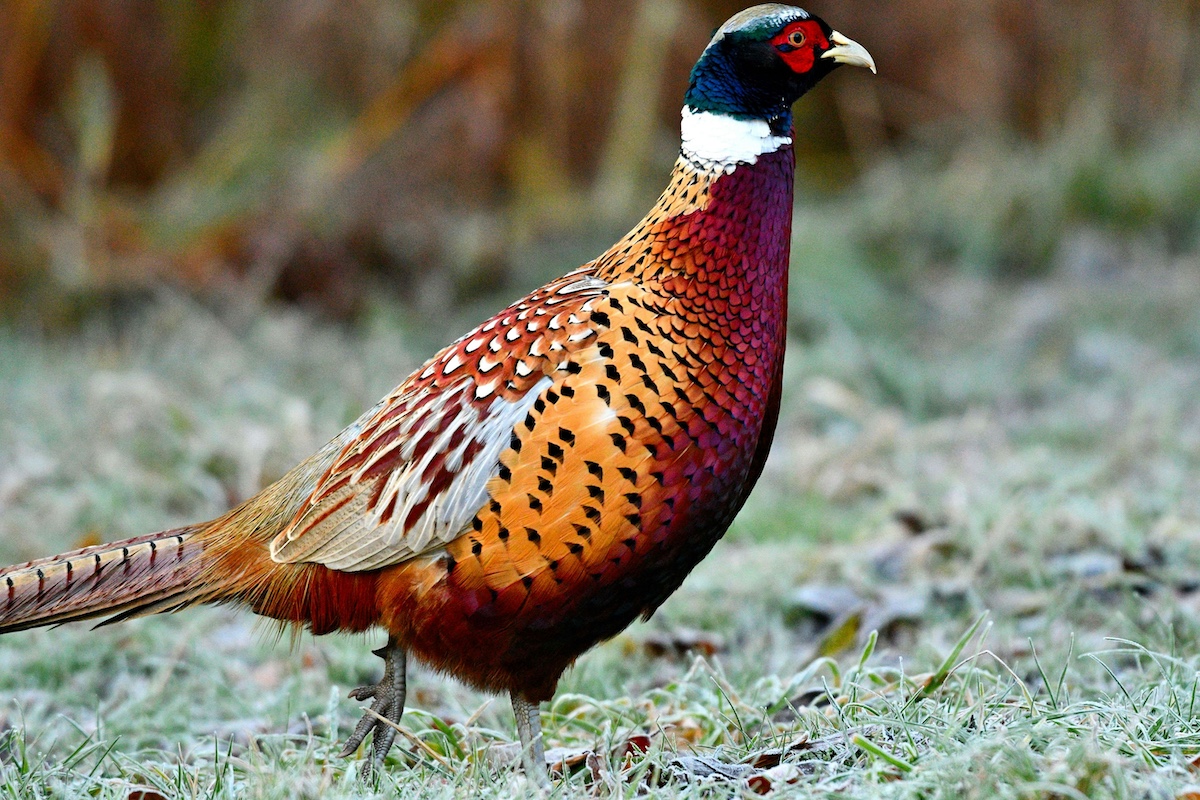
Submit a question for the author